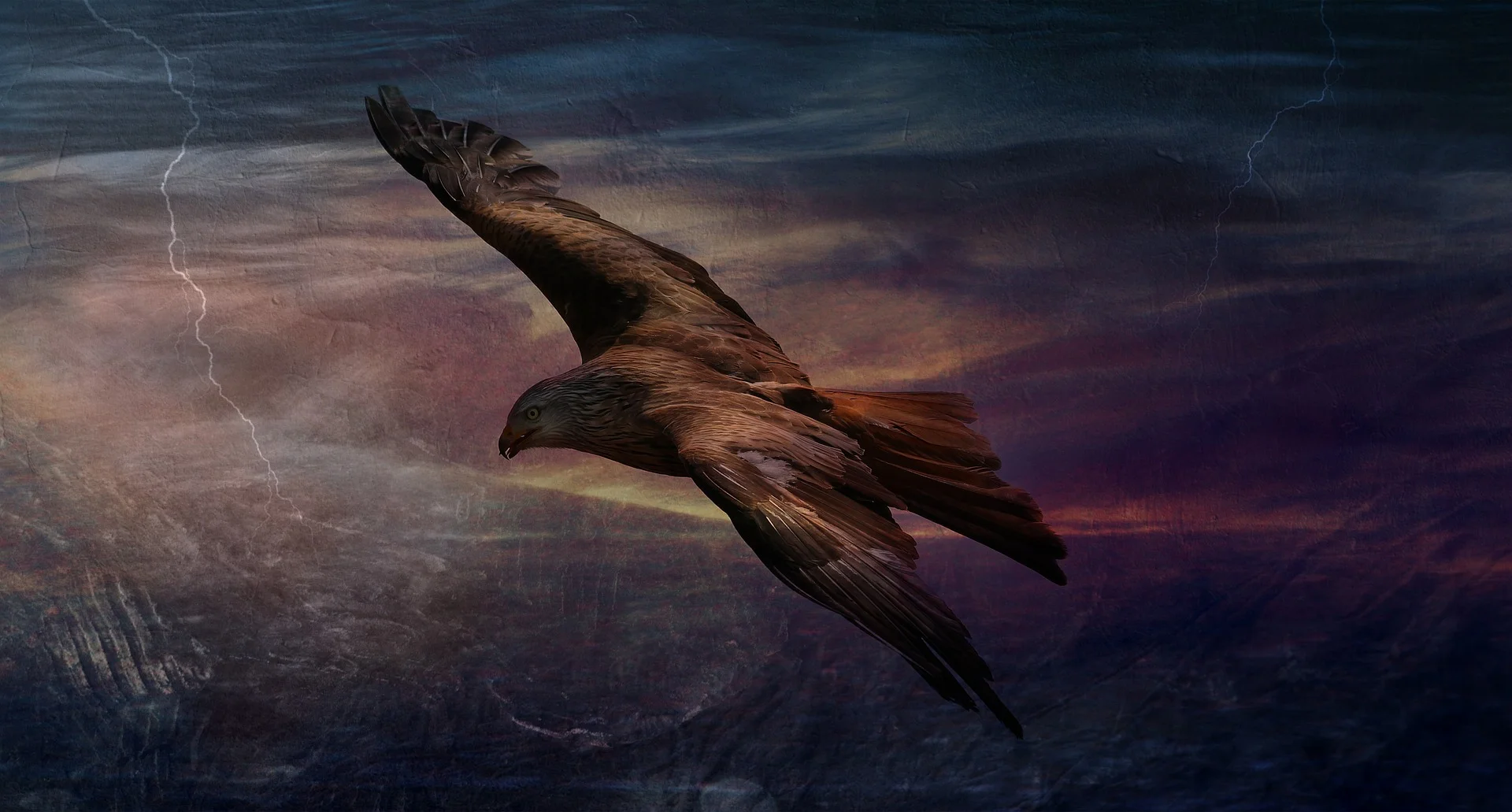For the Children of Syria
Like the dark clouds passing overhead,
in waves of escape their shadows silently
sweep across the low hills
toward Beirut, toward the sea,
away from the circling wake of buzzards,
above the spree of the murder of crows
black with furrowed brows,
brazen in the lawless skies,
like clouds of flies, choking lost Damascus.
A sedge of bitterns, necks retracted,
clip low across desert grasses,
nipping at a charm of finches,
stubborn dreamers despite the woe of storm.
Gusts blow against the puddling of mallards
ducking half their heads in street-cratered pools.
The ostentation of peacocks unravels
in cruel ramshackle, fleeing dimwitted
wingside a dirty kit of pigeons
as the thunder undermines all but survival.
The solemn parliament of owls calls
for order in the panicked migration,
but the air is thick with noise;
chaotic the deceit of lapwings
counterpointing the scold of jays.
Even the convocation of eagles cannot
break the grip of shadow’s curling fingers
holding the horizon hostage. Now
sheets of cold rain finally fall upon
a cast of falcons like a final curtain,
without an encore, future gone,
a watch of nightingales lost in dark,
uncertain, silent, prelude to
the stark lamentation of swans.
"Terms of Venery" refers to the colorful collective nouns used to describe animals in their groups: herds, or flocks, or pods, or murders, or puddlings, and so on. "Venery" is an archaic word for hunting (think venison). This tradition of creatively naming assemblages of animals stems from the late Middle Ages.
Last week I had the privilege of sitting with a Syrian immigrant and hearing his story of growing up in, and ultimately fleeing, Syria. This country, with its long and beautiful heritage, has descended into an unimaginable nightmare of chaos. The Syrian humanitarian crisis is overwhelming. Over 12 million Syrians have been displaced (not to mention how many have been killed). Half of this staggering number is children.
